Inner History of the Great Schism of the West 1378-1417 a Problem in Church Unity

Summary
PREFACE
I. THE ORIGIN OF THE SCHISM
II. THE SPIRITUAL AND MENTAL DISTRESS CAUSED BY THE SCHISM
III.THE OUTSTANDING APPEAL
IV.THE WAY OUT—PRELIMINARY DISCUSSIONS
V. THE WAY OF CESSION
VI. THE WAY OF WITHDRAWAL OF OBEDIENCE
VII. THE IMPASSE
VIII. THE WAY OF A GENERAL COUNCIL
X. CONCLUSION
The period has been studied many times before. It may even be considered a bold thing to undertake what Creighton on the one hand and Salembier on the other have done so thoroughly. Creighton, however, wrote the history of the Papacy, and was not solely interested in the Reunion problem. Nor was his cold historical method, satisfactory and convincing in works on other less soul-stirring epochs, adequate for a description of the spiritual struggle of those times. He did not penetrate the deep recesses of human thought and motive.
Salembier felt the reality of the problem with a passionate interest and a sympathy uncommon in Roman Catholic historians, but he could not accept the main tenet of Jean Charlier de Gerson, Pierre d'Ailly, and their fellow-workers. He would not admit with them that “new diseases need new medicines”, and steadily refused to accept their teaching on ‘epieikeia’ which was put into practice at Pisa.
In spite of Valois’s excellent work in French and Schwab’s brilliant biography of Gerson in German, there does not appear to be a work which describes the period from our present and urgent point of view today as a process of thought from Schism to Union.
The events of the period are important, but the sequence of thought behind them, the mental suffering of the faithful and the bold departure from precedent in the face of an entirely new problem, take us deep down into the very heart of the age. We must listen to those who trembled in bitter doubt before an unprecedented problem, and who fought with splendid courage to bring unity to a divided Christendom. We must plunge deep into the human documents of the time, in order to see how every avenue of escape was tried, until courage triumphed over fear, and present need over precedent, in a bold solution to an entirely novel problem.
Similar Books
-
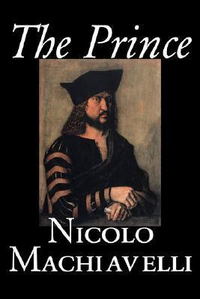 The Prince
The Princeby Niccolò Machiavelli
-
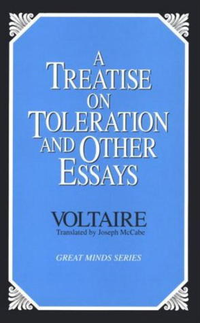 A Treatise on Toleration and Other Essays
A Treatise on Toleration and Other Essaysby Voltaire
-
 On Kingship to the King of Cyprus
On Kingship to the King of Cyprusby Thomas Aquinas
-
 Analysis of Happiness
Analysis of Happinessby Władysław Tatarkiewicz
-
 Platonic Theology, Vol. 1: Books I–IV
Platonic Theology, Vol. 1: Books I–IVby Marsilio Ficino
-
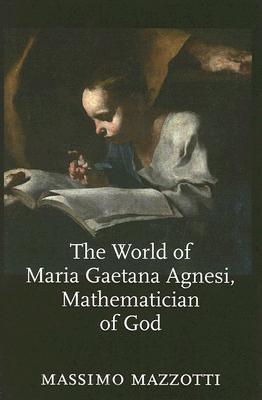
-
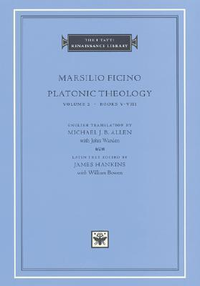 Platonic Theology, Vol. 2: Books V–VIII
Platonic Theology, Vol. 2: Books V–VIIIby Marsilio Ficino
-
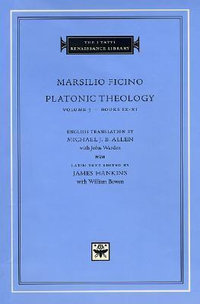 Platonic Theology, Vol. 3: Books IX–XI
Platonic Theology, Vol. 3: Books IX–XIby Marsilio Ficino
-
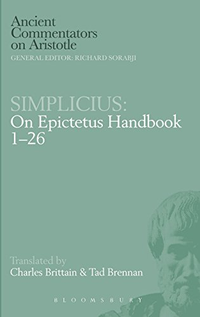 Simplicius: On Epictetus Handbook 1-26
Simplicius: On Epictetus Handbook 1-26by Assistant Professor Program in Ancient Philosophy Charles Brittain
-
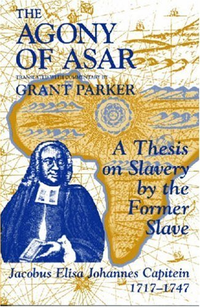
-
 Platonic Theology, Volume 5: Books XV–XVI
Platonic Theology, Volume 5: Books XV–XVIby Marsilio Ficino
-
 Xunzi
Xunziby John Knoblock
-
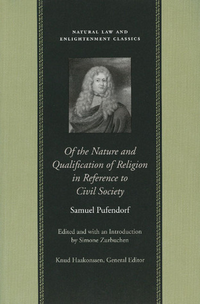 Of the Nature and Qualification of Religion in Reference to Civil Society
Of the Nature and Qualification of Religion in Reference to Civil Societyby Samuel von Pufendorf
-

-
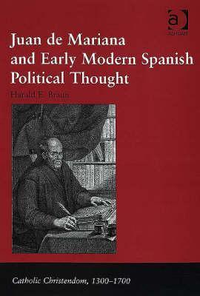 Juan de Mariana and Early Modern Spanish Political Thought
Juan de Mariana and Early Modern Spanish Political Thoughtby Harald E. Braun
-
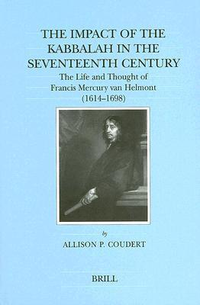
-
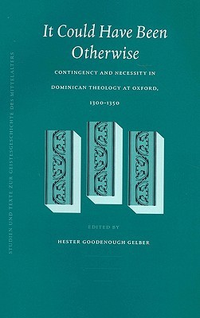 It Could Have Been Otherwise: Contingency and Necessity in Dominican Theology at Oxford, 1300-1350
It Could Have Been Otherwise: Contingency and Necessity in Dominican Theology at Oxford, 1300-1350by Hester Goodenough Gelber
-

-
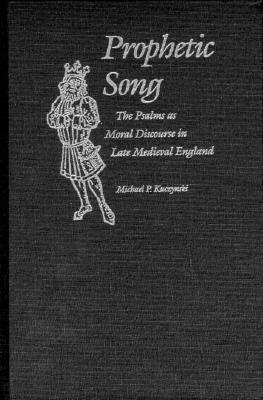 Prophetic Song: The Psalms as Moral Discourse in Late Medieval England
Prophetic Song: The Psalms as Moral Discourse in Late Medieval Englandby Michael P. Kuczynski
-

-
 Aristotle's Zoology and Its Renaissance Commentators (1521–1601)
Aristotle's Zoology and Its Renaissance Commentators (1521–1601)by Stefano Perfetti
-
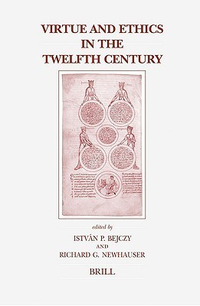 Virtue And Ethics in the Twelfth Century
Virtue And Ethics in the Twelfth Centuryby István Pieter Bejczy
-
 Cambridge Platonists:
Cambridge Platonists:by F.M. Powicke